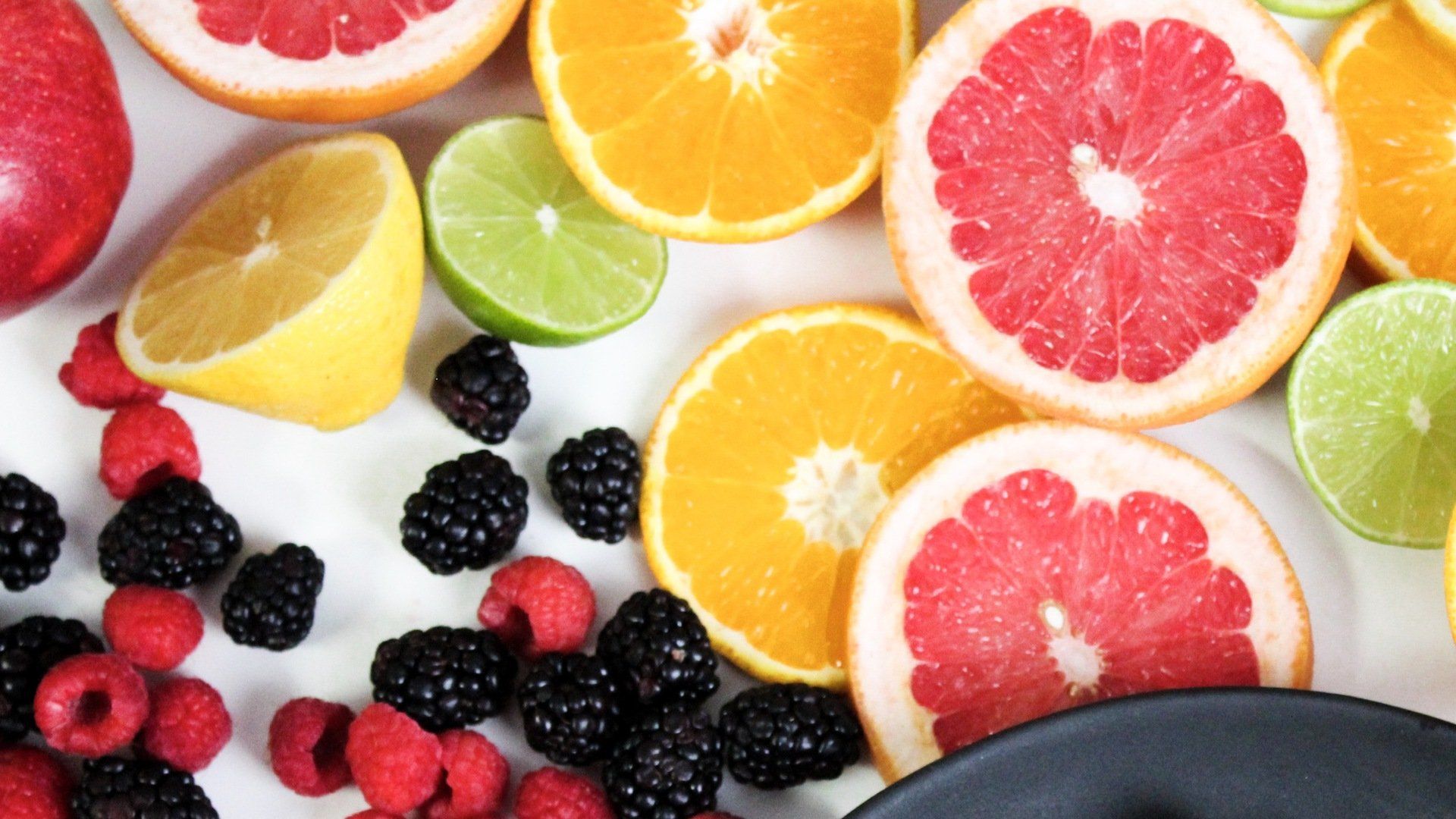
Discovering Nutritious Foods That Help Male Fertility
In the journey towards better male fertility, diet plays a significant role. While it's important to understand that diet is just one piece of the puzzle, certain foods and nutrients have been associated with improved sperm count and quality. In this comprehensive guide, we'll explore the foods that help male fertility and promote overall sperm health.
The Importance of Sperm Health
Before we dive into the specifics of the foods that help male fertility, it's essential to understand the importance of sperm health. Sperm count, quality, and motility (ability to move) are crucial factors in male fertility. Couples trying to conceive often face challenges related to sperm health. Factors such as lifestyle, genetics, and underlying medical conditions can affect male fertility. However, there is evidence to suggest that diet can play a significant role in improving sperm health.
Fruits and Vegetables: Nature's Nutrient Powerhouses
A diet rich in fruits and vegetables is a cornerstone of a healthy lifestyle, and it can have a positive impact on sperm health. Fruits and vegetables are packed with vitamins, minerals, and antioxidants that can support sperm production and quality. Some specific examples of the foods that help male fertility include Berries (strawberries, blueberries, and raspberries), Citrus Fruits (oranges, grapefruits, and other citrus fruit) and Dark Leafy Greens (spinach, kale, and other dark leafy greens) These fruits and veggies are foods that help male fertility and can positively influence sperm health..

Nuts and Seeds: A Healthy Snack for Sperm
Nuts and seeds are not only delicious but also are foods that help male fertility and provide a healthy dose of essential fatty acids and antioxidants. Especially Almonds, Walnuts, Flaxseeds and Sunflower Seeds. Including a handful of these nuts and seeds in your daily diet can be an easy and tasty way to boost your sperm health.
You Might Also Like: Signs of Infertility in Men
Fatty Fish: Omega-3 Rich Superfoods
Fatty fish such as salmon, mackerel, and sardines are nutritional powerhouses when it comes to
foods that help male fertility. They are high in omega-3 fatty acids, which are essential for various bodily functions, including maintaining the integrity of sperm cell membranes.
Omega-3s have been associated with improved sperm quality and motility, making these fish an excellent addition to a fertility-friendly diet.

Whole Grains: The Foundation of a Balanced Diet
Whole grains, in contrast to refined grains, provide essential nutrients and fiber.
Fiber is crucial for maintaining a healthy weight, which is important for fertility. Opt for whole wheat, brown rice, oats, and quinoa to ensure that you're getting the right kind of carbohydrates to support overall health.
Lean Protein: Building Blocks for Sperm Production
Lean sources of protein are essential for a balanced diet, and they provide the amino acids necessary for sperm production. Options like poultry, lean beef, and plant-based proteins like beans and lentils can help maintain a healthy diet that supports male fertility.
Zinc-Rich Foods: Vital Foods That Help Male Fertility
Zinc is a mineral that plays a vital role in male fertility. It's essential for the development of sperm and testosterone production. Foods like oysters, beef, and pumpkin seeds are high in zinc and should be incorporated into your diet for the sake of your sperm.
Selenium: A Trace Mineral for Sperm Quality
Selenium is another important mineral for sperm quality. It acts as an antioxidant, helping to protect sperm from damage. You can find selenium in foods like Brazil nuts, whole wheat bread, and turkey.
Vitamin D: The Sunshine Vitamin
Vitamin D is not just important for bone health; it may also play a role in sperm health. Your body can produce vitamin D when your skin is exposed to sunlight, but it can also be obtained from dietary sources like fortified dairy products and fatty fish.
Folate: The B-Vitamin for Sperm Production
Folate, a B-vitamin, is essential for DNA synthesis and cell division. It's crucial for sperm production and motility. You can find folate in leafy greens, fortified cereals, and legumes.
Lycopene: The Red Antioxidant
Lycopene is a powerful antioxidant found in red fruits and vegetables, with tomatoes being one of the most well-known sources. Lycopene has been associated with improved sperm count and motility.
Vitamin C: Protection for Sperm
Vitamin C, found in citrus fruits like oranges and grapefruits, as well as in strawberries and bell peppers, is another antioxidant that helps protect sperm from damage.
Coenzyme Q10 (CoQ10): The Sperm Energizer
Coenzyme Q10, or CoQ10, is an antioxidant that may enhance sperm motility and function. You can find CoQ10 in foods like fish and organ meats.
Hydration and Moderation: The Basics
In addition to incorporating foods that help male fertility into your diet, it's crucial to stay hydrated by drinking enough water throughout the day. Dehydration can affect sperm concentration and motility. Additionally, it's advisable to avoid excessive consumption of alcohol, processed foods, and sugary beverages, as these can have a negative impact on overall health and fertility.

The Role of a Balanced Diet
While these foods that help male fertility and can potentially improve sperm count and quality, it's essential to remember that no single food will work miracles. A balanced diet that includes a variety of these foods is key. Additionally, maintaining a healthy lifestyle that includes regular exercise, adequate sleep, and stress management is essential for overall fertility.
Consult a Healthcare Professional
If you have concerns about your sperm count or fertility, it's advisable to consult a healthcare professional. They can provide a thorough evaluation, offer personalized guidance, and rule out any underlying medical conditions that may be affecting your fertility.
All Rights Reserved | IVF Insights | Watch Us on YouTube
All content on this website is for informational purposes only and is not intended as medical advice. Always seek the advice of a doctor or other qualified health professional.



